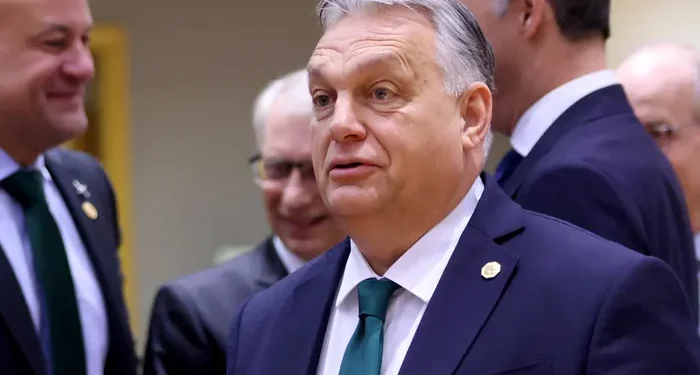Hungary’s ruling Fidesz party, led by Prime Minister Viktor Orbán, has chosen to boycott a parliamentary session called by the opposition to ratify Sweden’s NATO membership. This move comes despite repeated assurances from Orbán that Hungary would not be the last country to approve Sweden’s NATO accession. The unexpected delay has irked Western officials, prompting a symbolic visit from a group of ambassadors to urge a vote on the matter.
Orbán’s Reversals and Broken Pledges:
Prime Minister Orbán’s backtracking on promises surrounding Sweden’s NATO membership has raised eyebrows both within the alliance and among Hungary’s political observers. Initially pledging not to be the last to ratify Sweden’s NATO bid, Orbán reneged on this commitment when Turkey approved the Swedish accession last month. Despite public assurances to NATO Secretary General Jens Stoltenberg that he would expedite parliamentary ratification, Orbán’s absence from the session initiated by the opposition signals another broken pledge.
Symbolic Diplomatic Gesture:
To emphasize the importance of Sweden’s NATO accession, 16 diplomatic representatives, including American Ambassador David Pressman, arrived at Hungary’s parliament in a symbolic gesture. Ambassador Pressman, expressing disappointment with Budapest’s inaction, stated that Sweden’s NATO membership directly affects US national security and the security of the alliance as a whole. The diplomatic representatives hoped to convey solidarity with Sweden during a challenging global period.
Western Frustration and Lack of Clarity:
The ongoing delays and lack of transparency surrounding Hungary’s objections to Sweden’s NATO bid have deeply frustrated Western officials. Expressing concern about the extended timeframe and the absence of clear reasoning behind Hungary’s actions, diplomats from the United States and Europe conveyed their solidarity with Sweden’s pursuit of NATO membership. The continued postponement of the ratification process has perplexed NATO members, leading to growing frustration and disappointment within the alliance.
Opposition Disapproval and Security Concerns:
Hungary’s opposition, which has been advocating for the swift ratification of Sweden’s NATO accession, expressed dismay at the ruling party’s decision to boycott the parliamentary session. Márton Tompos, a member of the Hungarian parliament and spokesperson for the opposition Momentum party, condemned Orbán’s disregard for parliamentary proceedings, allied requests, and Hungary’s security interests. The opposition fears that Hungary’s security could be compromised if the delays persist.
Hungarian Response and Future Prospects:
Máté Kocsis, the head of the Fidesz faction in the Hungarian parliament, suggested in a social media post that ratification could occur during the parliament’s regular session scheduled for late February. However, he emphasized the necessity of a meeting between the two prime ministers in Budapest, hinting at a condition for the approval. As the diplomatic standoff continues, Hungary’s actions are being closely scrutinized, with expectations of a swift ratification upon the parliament’s reconvening.
The broken pledges, symbolic diplomatic gestures, and opposition disapproval highlight the growing tensions surrounding this geopolitical issue. As the global community watches closely, the repercussions of Hungary’s actions could have far-reaching consequences for the dynamics within NATO and the broader European security landscape.
















